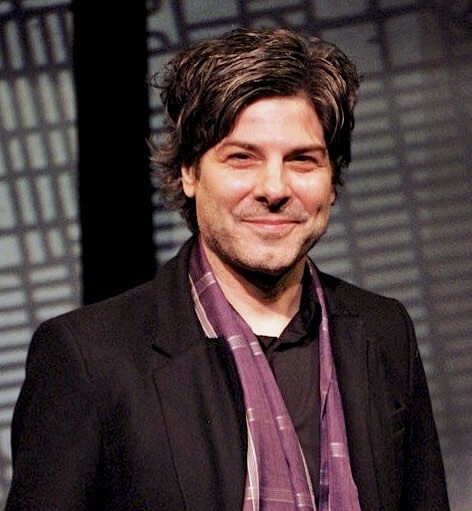
From February 6 through 9, 2020, at the New Brunswick Performing Arts Center in downtown New Brunswick, Opera Theater Rutgers and the Rutgers Symphony Orchestra will perform a contemporary take on Jacques Offenbach’s final work, 1881’s The Tales of Hoffmann. The French libretto, a collection of three fanciful stories of failed love, was written by Jules Barbier and is based on the stories of E.T.A. Hoffmann. The opera will be performed in French with English supertitles.
Here, director John Giampietro, Co-Head of the Opera program at the Mason Gross School, discusses the work–as well as people’s fears of “not getting” opera.
Why did you want to direct The Tales of Hoffmann?
This opera offers so many opportunities for our singers. Everyone gets an opportunity to fully realize a role, it’s very challenging, and always exciting to sing in the French style.
Talk about the concept you’ve built for this production.
We are looking at this story through a contemporary lens. It deals with addiction, illness, and the silencing of women, among other points, all issues we continue to grapple with in contemporary society. We are setting the entire story in the moments right before Hoffmann’s death from substance abuse. Before he is ushered into the next life, he must relive three relationships with women that shaped his life and confront the circumstances that lead to his demise. Perhaps it is only at the end of life we clearly see that we have never seen clearly how to live…
Why do you love this piece in particular?
The music! It features Offenbach’s greatest achievements as a composer from lush romanticism, to hints of his music-hall and operetta styles. Also, as a director, the supernatural elements in the story allow for exciting theatrical possibilities while still focusing on the human stories in the piece.
Many people seem to fear opera. What would you say to someone who is hesitant about attending an opera production?
I would argue that many people are more fearful of the culture that surrounds opera more so than the form itself. Many in the field are trying to change that and make our beautiful art form more accessible. But I would encourage people just to listen…. We all respond to music, the universal language. Opera speaks (sings!) to us across every border and every time period. It is about us. Opera Theater Rutgers is committed to productions that engage with the world now. All contemporary performance, even of works 100-plus years old, is the story of us.

